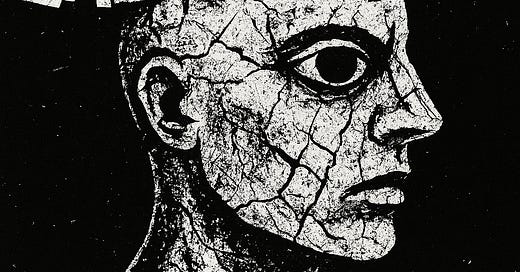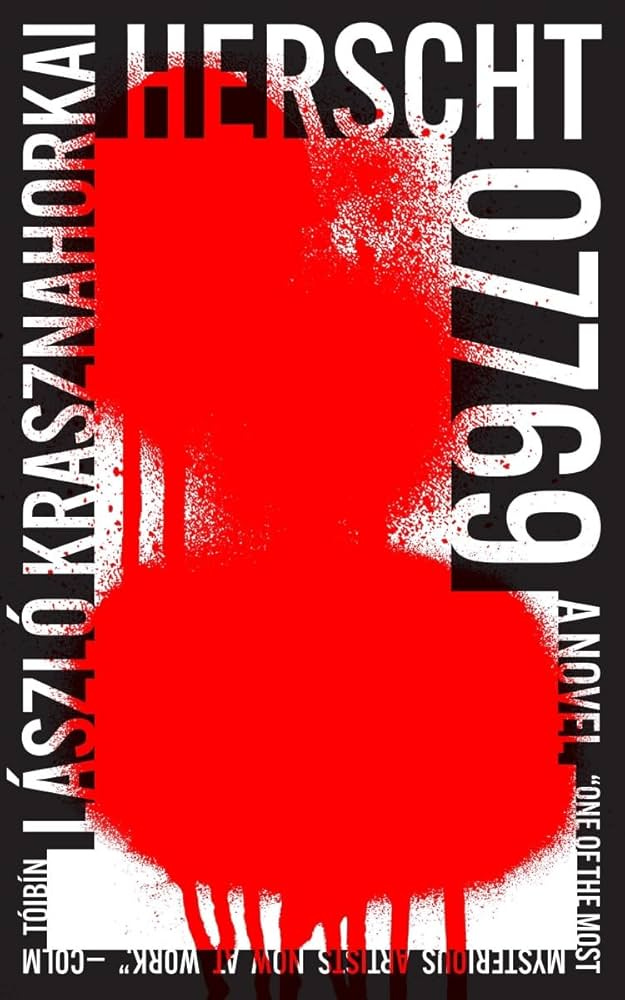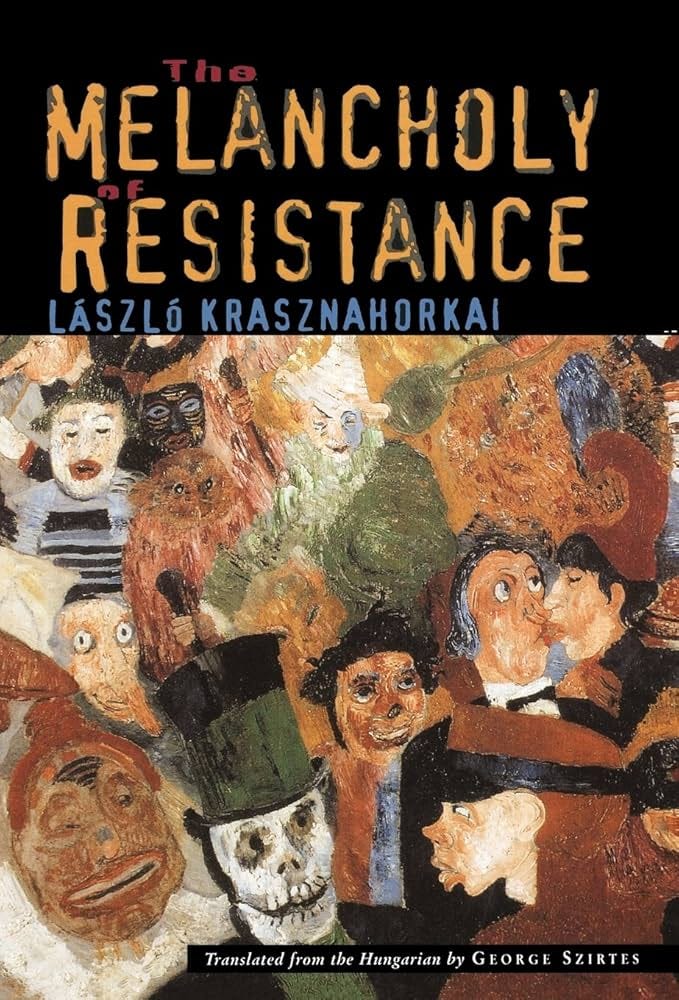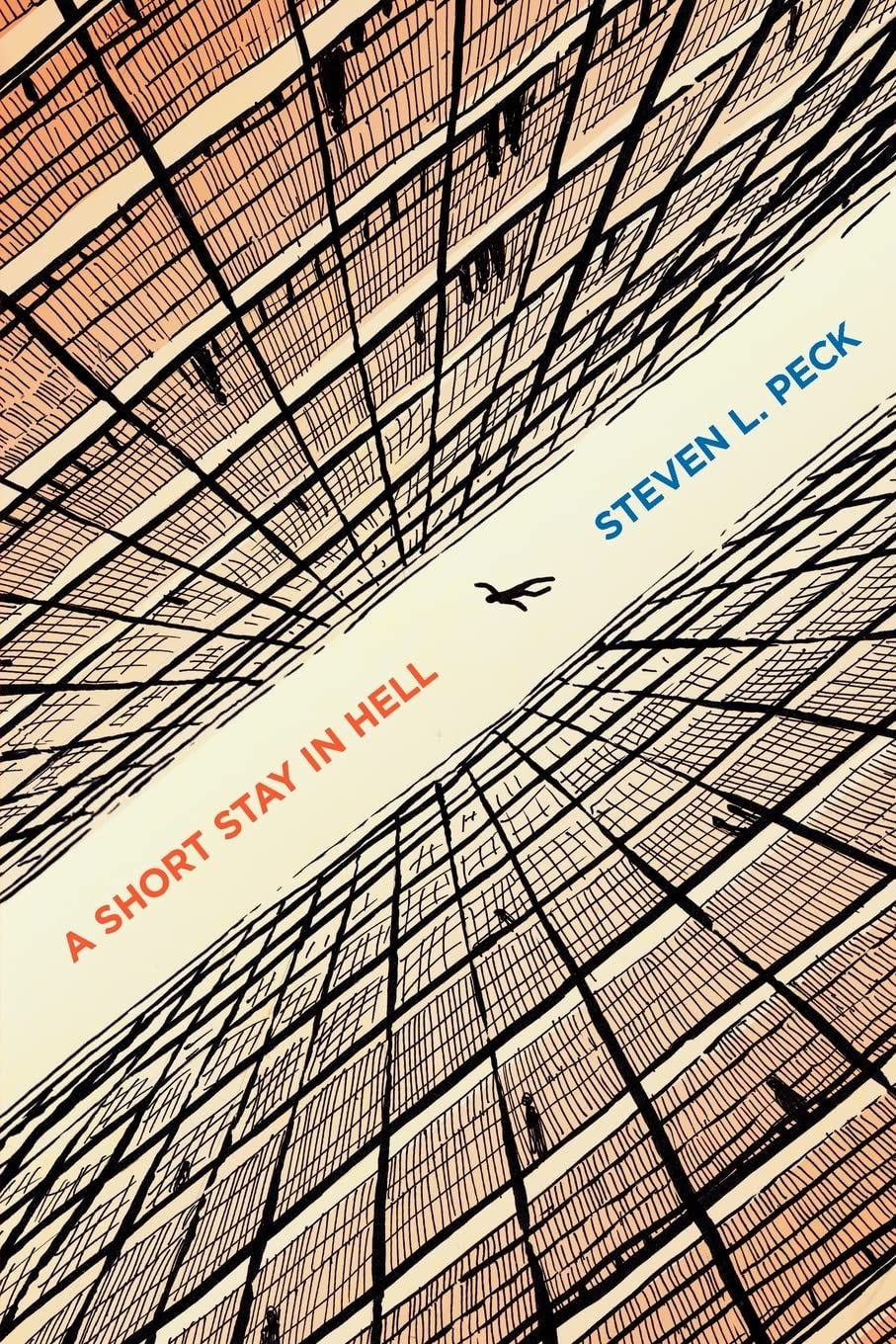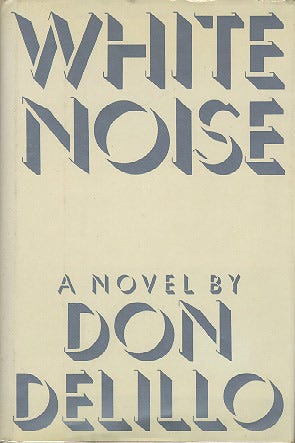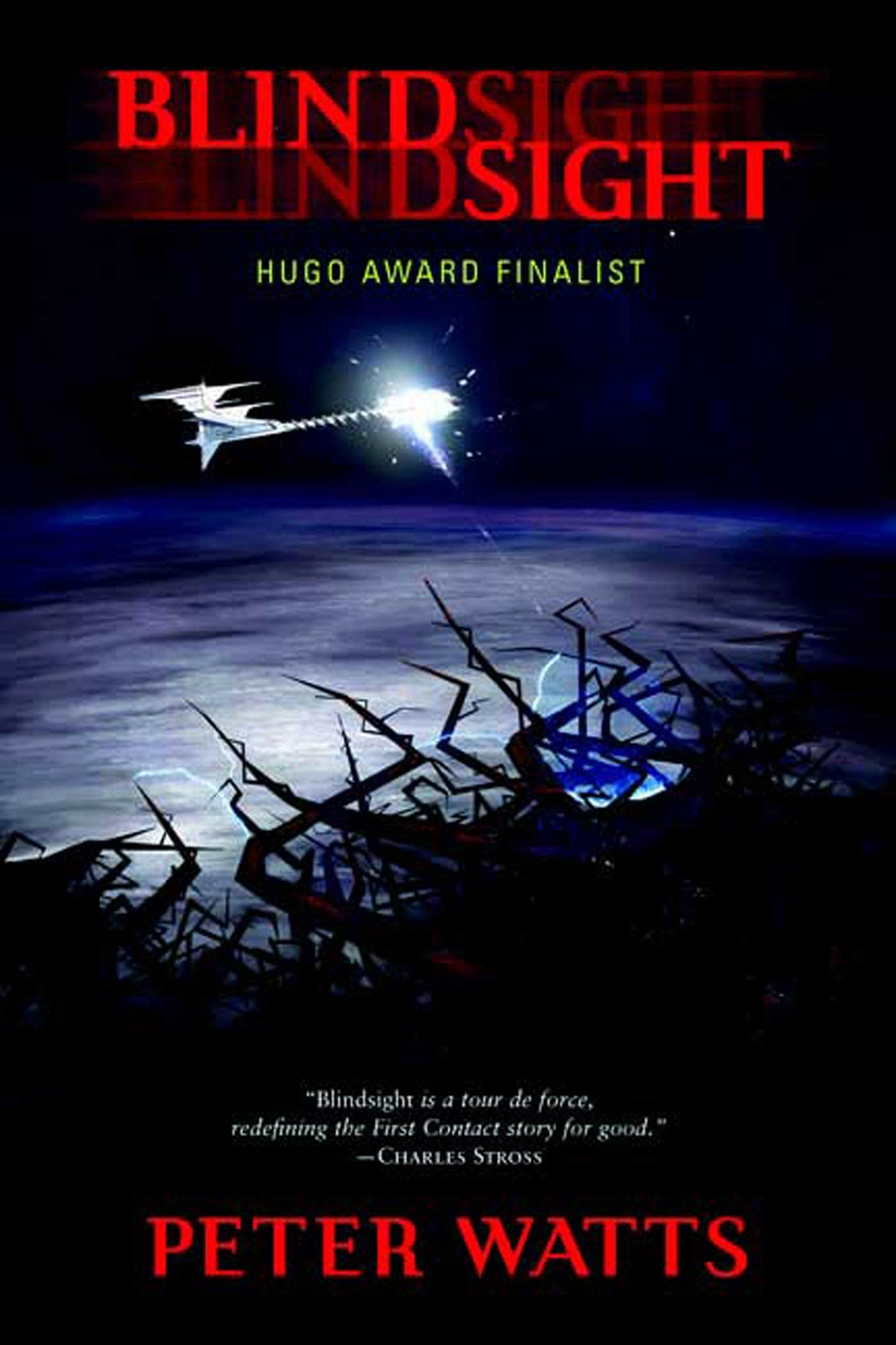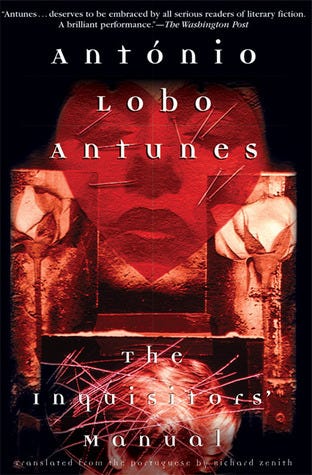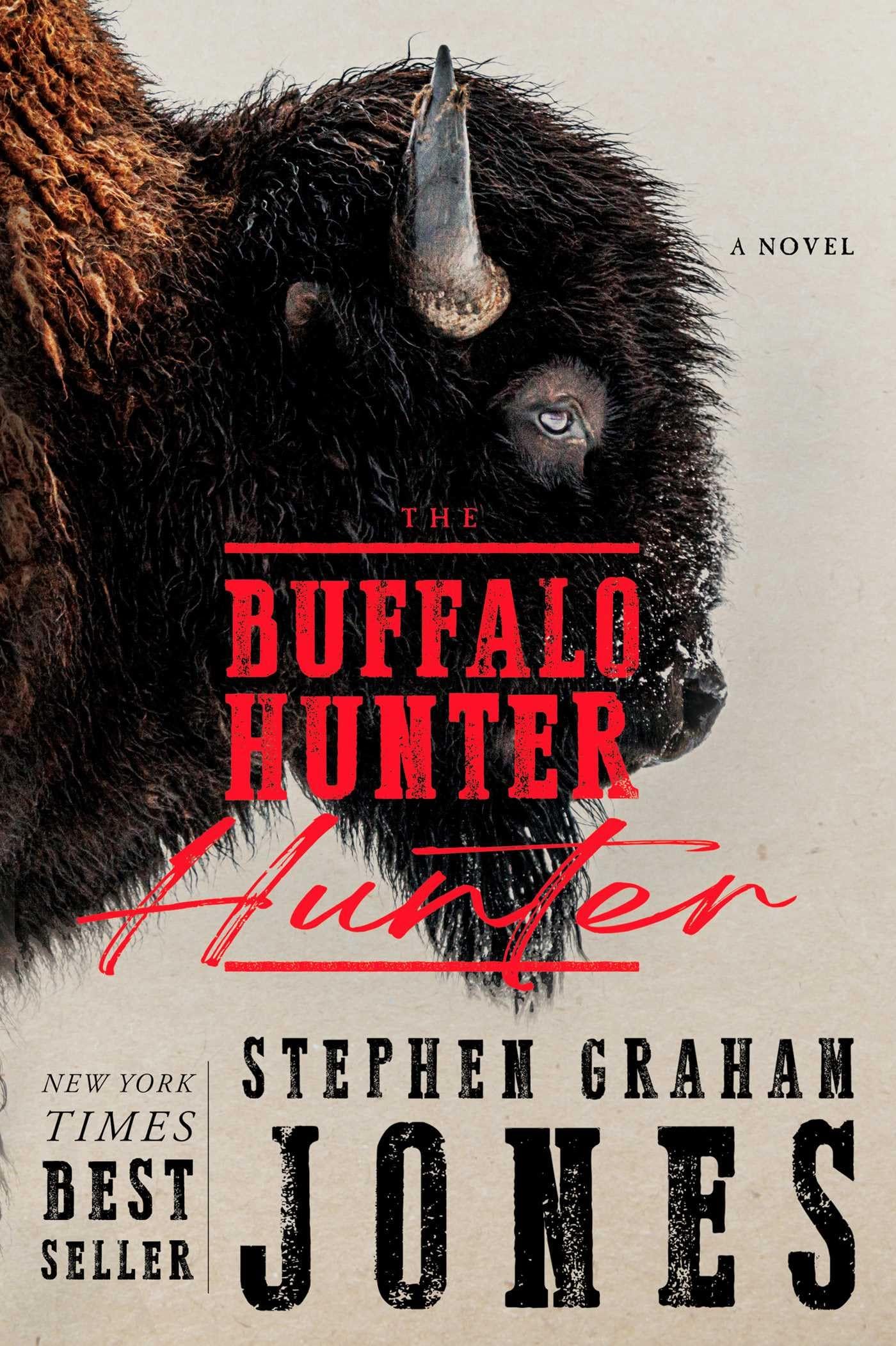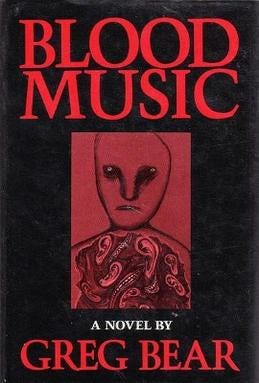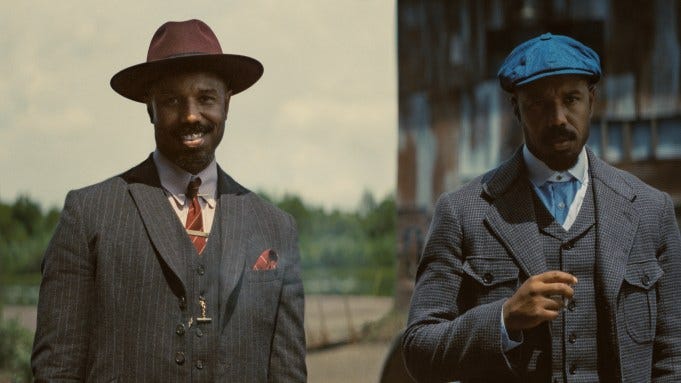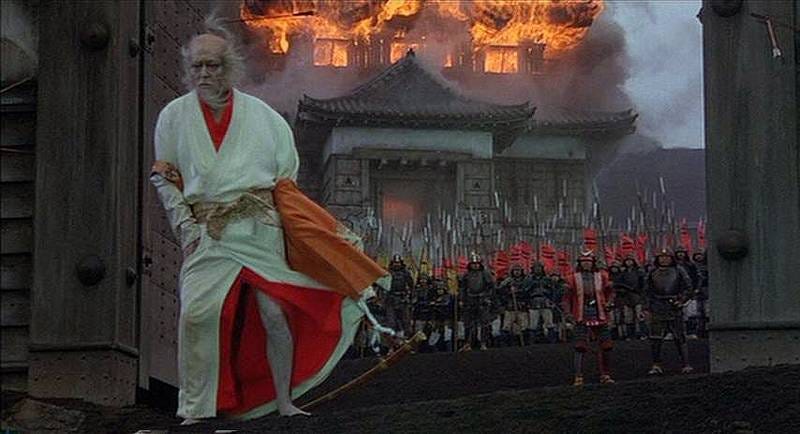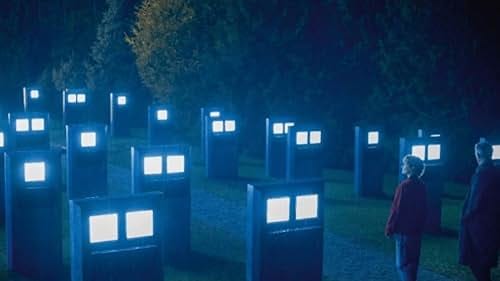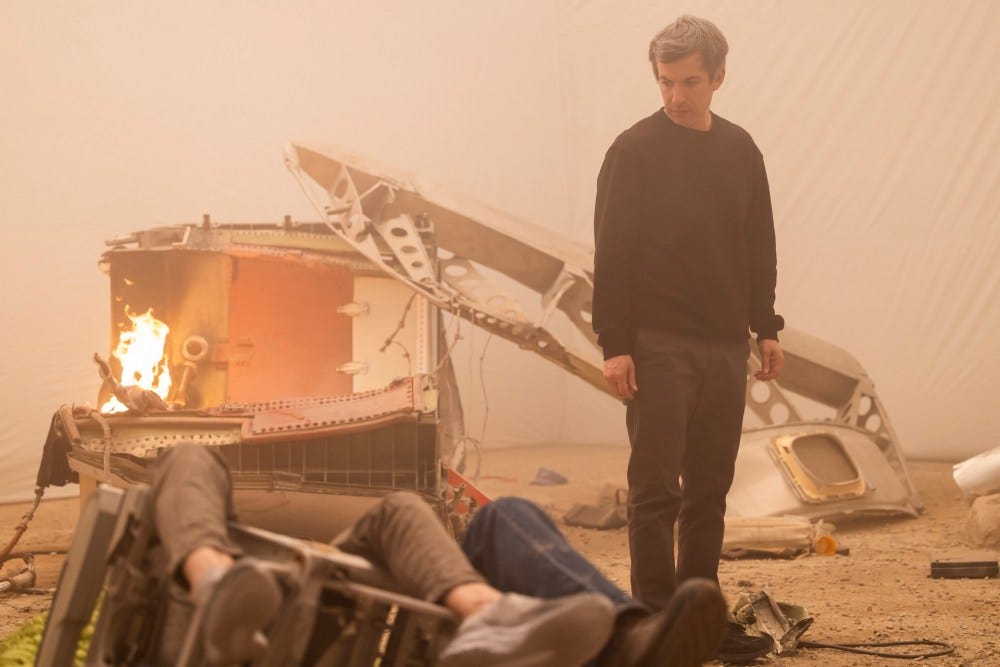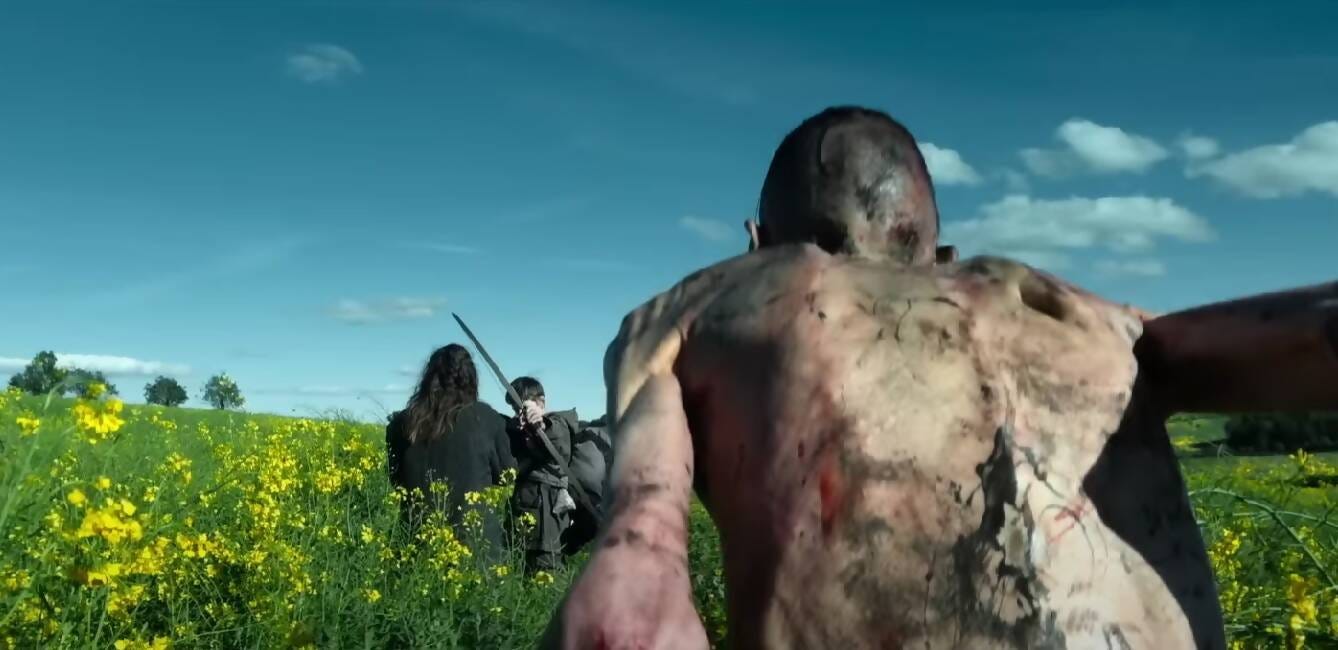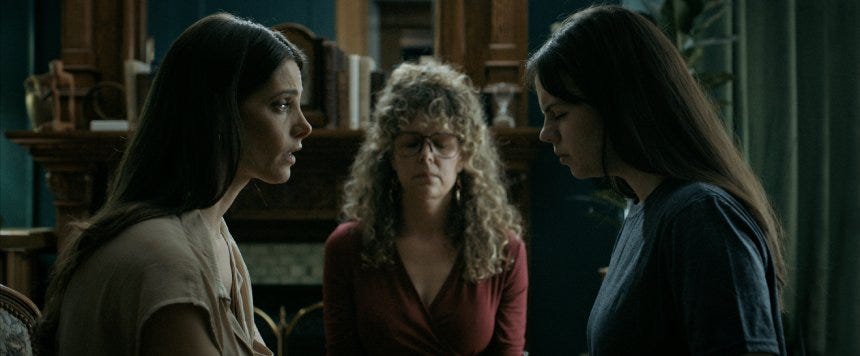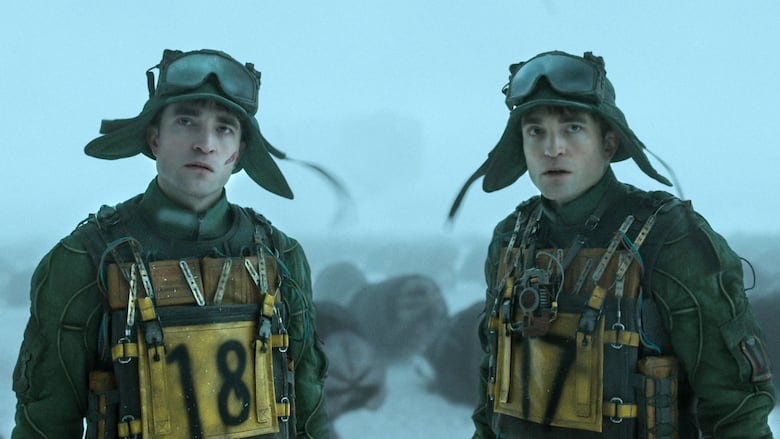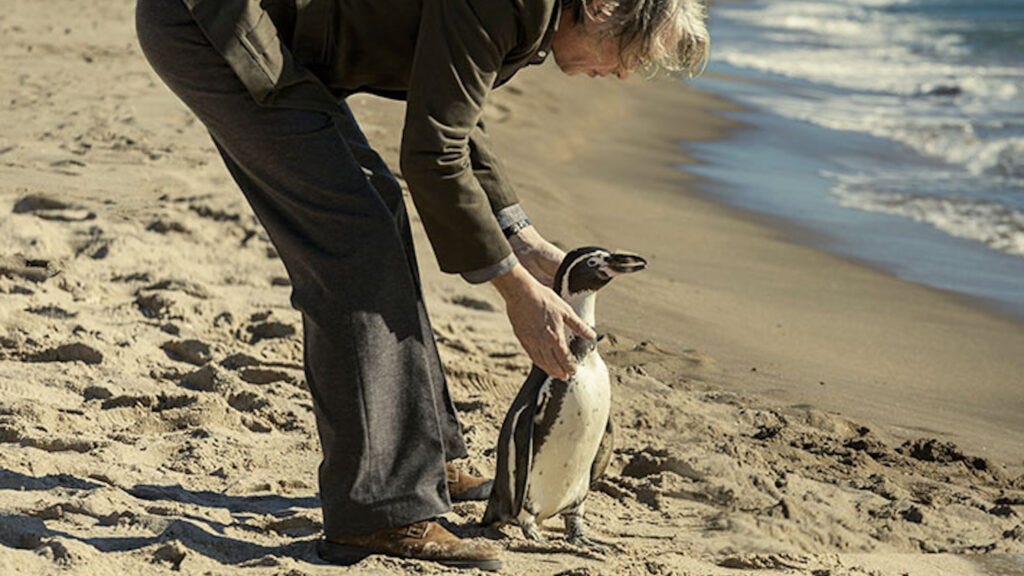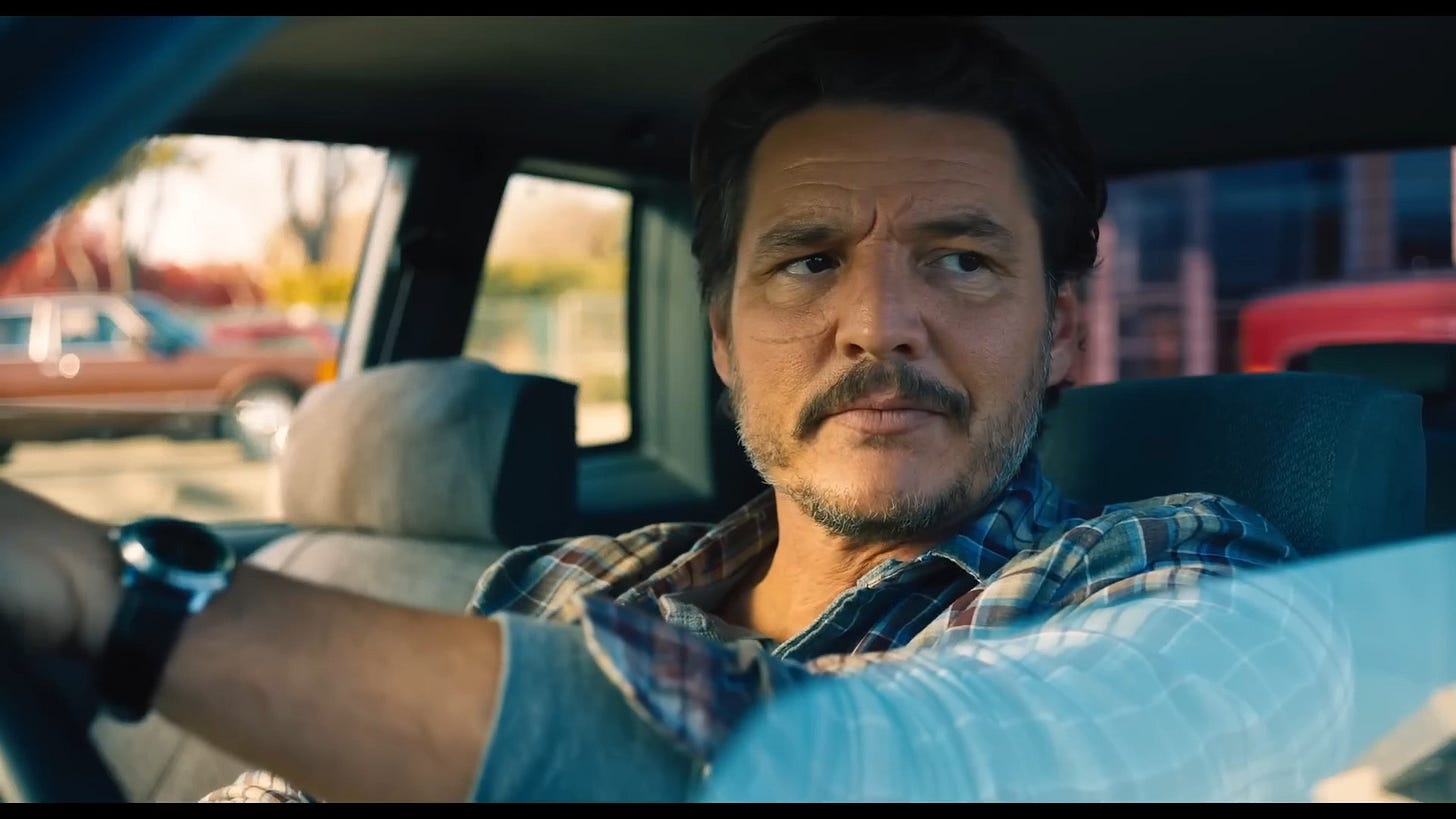Taste Won't Save You: On Maintaining Subscriptions
Also: reviews of Every Cultural Artifact I Engaged With April-June 2025
Lately, "taste" has been resurfacing as a defence mechanism for creatives anxious about how AI can now produce some impressive creative work at the click of a button. On LinkedIn, agency professionals and creatives frequently claim that what sets them apart from AI is their discerning taste. That creativity, to be successful, needs the human touch.
But as Bourdieu says in Distinction: "Taste is first and foremost distaste, disgust and visceral intolerance of the taste of others.” He rejects the idea that taste is just about individual preferences or refined appreciation. For Bourdieu, taste is fundamentally a social weapon. It's how classes differentiate themselves: through the rejection of the tastes of other social classes.
Taste serves as a means to establish boundaries. It’s not merely about what you love but also about what you find intolerable. The disgust is very real (consider your reaction when your team shows you the AI Video they created independently). People often experience visceral revulsion toward things they consider inferior, such as certain food textures, music styles, aesthetic preferences, body types, or accents. This revulsion is often disguised as “good taste,” but it fundamentally relates to power dynamics.
In other words, taste functions as class-based disgust that is moralized, normalized, and used to legitimize one’s own culture. It's not about loving Bach; it’s about sneering at Nickelback. It's not about curating an ideal Spotify playlist; it’s about horror at someone else's Top 40 choices.
Taste, for Bourdieu, is a polite word for domination.
Creative agencies have effectively marketed "taste” as an intangible concept. Creatives defending "taste" is merely a continuation of the ongoing battle between creativity and management.
From this perspective, whenever someone logs onto LinkedIn to proclaim that they have great taste, it can be interpreted as disgust at the taste of the managerial classes. When someone proclaims, out loud, "I have taste," they rarely mean an appreciation of human skill or craft. They mean: "Hey, suits, you need me, I'm closer to the streeeeets.”
The shift is to start thinking in terms of subscriptions. Including, of course, literal subscriptions (newsletters, feeds, streaming, and notifications; see Spencer MacEachern's Substack list for a list of every good Substack a strategist might like), as well as the broader meaning systems that inform different categories or subcultures.
For example, my current subscriptions include metafictional literature Discord groups, digital culture (I’m getting back into YouTube again), thrifting, NBA fandom, Underground Canadian and Australian music, moviegoing, and political slop.
For each, I maintain my subscriptions by simply reading blogs, message boards, books or watching related videos. It's not all intellectual or conceptual, because you can keep some subscriptions just by showing up. For example, I have made friends with a lot of small bookstore owners, and I go to a LOT of Raptors games every year (I had season tickets up until this last season because Fuck Ed Rogers). There is an incredible DIY punk space across the street from me in Hamilton called Vertigogo, and sometimes I go and stand in the back and watch random bands. There are no real rules as to what "counts", just as long as you are keeping the pulse. For example, I should attend more APG events, but I maintain my APG subscription by participating in the Slack group.
Through consistent and purposeful engagement, I metabolize the logic of these different cultural forms, staying engaged long enough to learn how they move, getting close to how they operate and respond. I love learning how deep subcultures iterate, morph, and fragment, as these are essential observational skills that inform my practice. I enjoy seeing how subcultures splinter into even more niche subcultures. I enjoy being engaged in the mess and drama of online discourse.
It sounds like a lot, and it is. Anyone who said strategy is easy is lying. Because I do believe that there are real consequences to letting your subscriptions lapse or failing to engage outside your network. Do people always age out of advertising, or do some lose interest in emerging culture and fail to maintain their subscriptions? As you move up the career ladder, your experience grows, and you win awards and hardware, your expertise becomes essential and valuable. One pivotal career mistake I see among people at my level is that they start to let go of the rope and retreat inward. And unless you are famous famous, and bring in work via your name alone, experience fades. Don’t become that one Humber prof who still teaches about his Zellars STUFF BY DUFF campaign 30 years later.
Consciously maintaining subscriptions is a healthier approach to extracurricular engagement that helps you build new connections and relationships. You do not need to know everything, but you do need to know where to find the signal. So don't treat knowledge acquisition like a competition or a chore; keep enough connections active so that when meaning shifts, you notice early. Culture isn't a flavour you can sprinkle into the deck to show how cool you are, but it is a core part of the scaffolding that makes your work possible.
Here's my second attempt at recording some of the cultural trends that have caught my attention over the past quarter. I do this to map the mediators that influence what I see, what I value, and what I forget. I keep documenting this anyway; why not share it with the few who might find it helpful?
Q2 READS
Favourite Read of the Quarter: 2666 by Roberto Bolaño (2006, Picador)
Writing about "2666," Roberto Bolaño's final and most ambitious novel, is no easy task. The first time I read it was in the summer of 2012, and I loved it. I have wanted to revisit the book for years, but it's heavy, like a death in the family, so it took some courage and time to jump back in. I’m glad I did, because 2666 is truly impressive.
2666 is composed of five sprawling, loosely linked novellas that are connected, but that are also more or less stylistically and thematically contained. What connects these stories is a single thread: the human desire to find meaning within systems of violence, both physical and symbolic. The violence we do to each other and the violence we do to ourselves. And how art is not going to save you.
The novel begins with a group of literary critics searching for a missing German author (the wonderfully named Benno von Archimboldi), a writer of niche appeal, and precisely the kind of obscure "genius" that certain types of people (like myself) get caught up in. I get this obsession on a personal level because it's not really about the author at all (in fact, these scholars know very, very little about Archimboldi, which is a perfect detail).
2666 is bookended with Archimboldi's life story; born Hans Reiter, drafted into the Wehrmacht in World War II, he serves without allegiance or cruelty, witnessing horror with a kind of detached endurance, but after all the guessing about Archimboldi in the first section, I find the last section that much more enjoyable. A necessary reminder on how much we flatten each other.
The other novellas are dark as hell. A Chilean professor unravels under the weight of unseen threats, while a journalist from Harlem, on a boxing assignment in Mexico, stumbles into the horrors of a mass femicide. This leads into the novel's most harrowing section, “The Part About the Crimes," a cold, procedural catalogue of murdered women in Santa Teresa, based on the real-world tragedies of Ciudad Juárez. Pages and pages of police reports and detailed descriptions of violence and an infuriating lack of urgency from local officials and police, whose built-in misogyny is shown to limit their empathy to the suffering of so many.
2666 is profoundly human, filled with broken people who share a futile but persistent need to witness. 2666 is beautifully written, masterfully constructed and just one of the best "modern" books you could spend time with. Fighting the urge not to go down a Bolano spiral yet again.
Other Literature I read this quarter:
Herscht 07769 by László Krasznahorkai (2024, New Directions) –
László Krasznahorkai is one of the most important authors alive, and he continues to deliver the goods. His latest, Herscht 07769, is a 400-page novel written in a single, sprawling sentence. And I know many will read that description and find the idea of that a bit daunting, but you are always in good hands with Krasznahorkai. His translator, poet George Szirtes, calls Krasznahorkai's writing "a slow lava flow of narrative, a vast black river of type," and there is no better feeling than lowering yourself into said lava flow.
Herscht 07769 is about Florian Herscht, a gentle and cognitively fragile man who becomes the unwitting mascot of a fascist cleaning company in the decaying Thuringia region. Florian starts to obsessively worry that the universe might blink out of existence due to a misunderstanding in particle physics, and starts writing increasingly desperate letters to Angela Merkel for help. As his fear of the unknown deepens, Florian becomes easy to manipulate, welcomed in by a group of right-wing fascists who give him both opportunity and purpose as part of their maintenance crew. Florian starts to appear in their propaganda videos, reciting slogans he doesn't fully understand, his smile blank and fixed under the company logo. Though it's not his fight, he's absorbed into it, repurposed as a symbol of white purity.
The Melancholy of Resistance by László Krasznahorkai (1989, New Directions) –
May was supposed to be "Krasznahormay" in a small reading group I belong to. We were ambitiously set on tackling The Melancholy of Resistance, Herscht 07769 and Baron Wenckheim's HomeHoming, but I failed to finish Baron and am saving it for a rainy day. Melancholy of Resistance is part of Krasznahorkai's famous tetralogy, comprising four novels that collectively form what Krasznahorkai designates as his “one book” (see also: Satantango, War & War and Baron Wenckheim's HomeHoming).
Having recently read three-quarters of the tetralogy, The Melancholy of Resistance is the one that hit me the hardest; it's been two months, and I still can't stop thinking about it. Set in a dreary Hungarian town that seems collectively depressed and is living with extreme levels of inertia. As the novel begins, a mysterious circus featuring a giant stuffed whale arrives in the town square. Our protagonist here is Valuska, another simple dreamer who slowly gets corrupted as the book proceeds. The town grows increasingly paranoid and then afraid, until one night a mob forms to destroy anything in its path. The vibe in this book is suffocating, and I couldn’t recommend it more highly.
Bad Behavior by Mary Gaitskill (1988, Vintage Contemporaries) – Gaitskill's first short story collection explores the social/moral complexities of late-Reagan New York, rejecting sentimentality while treating intimacy as a form of labour, with each social interaction bundled with humiliation or temporary leverage. "Secretary" incorporates erotic rituals into the typical nine-to-five routine, while "A Romantic Weekend" explores role-play between two individuals who are unable to say what they mean. Gaitskill is skilled at depicting bodies as collateral for rent and recognition, then steps back to observe the fallout, adopting a fly-on-the-wall style that will often leave you with the ick.
A Short Stay in Hell by Steven L. Peck (2012, Zarahemla Books) – Transforms Borges' "Library of Babel" into a bleak existential horror novella. Devout Mormon Soren Johansson dies and discovers he picked the wrong religion (he should have worshiped Zoroastrianism, the "one true faith"). When Soren gets to hell, he's assigned to an infinite library with infinite books. Most of the books are just gibberish, but if you happen on the one book that fully narrates your life, you can go free! Peck explores cosmic scales of space and time, creating vivid imagery such as characters free-falling into an endless void for years with no way to escape. However, with levels and levels of bookshelves to navigate, it becomes clear that there is no escape from this impossible task. While Peck's characters lack depth, this is an ideas book that successfully offers many unique concepts.
White Noise by Don DeLillo (1985, Viking Press) – Consumer culture, mass media, big pharma, and academic bureaucracy seamlessly merge in what is often mistaken for satire. I believe DeLillo is exploring the mediation of how reality gets reprocessed through systems designed to obscure it. The toxic cloud has no smell; the fear-killing drug lacks a pharmacological origin. Disasters are often replayed and then misinterpreted as real. Everything passes through bureaucratic language and televised spectacle until the direct truth ruptures like a gleaming silver death machine. It still resonates in 2025, as White Noise nails the mechanics of everyday disorientation. The cultural references may evolve, but alienation remains inevitable in the flattening entropy of modern life, or as Mark Fisher conceptualized it, the slow cancellation of the future.
Fatale by Jean-Patrick Manchette (1977, New York Review Books) – Aspires to be hard-edged, lean, and subversive, but ends up mostly hollow. The prose is stripped down in that post-Hammett, "nothing but the essentials" way, but what remains is flat and undercooked. Barely exceeding 90 pages, it strangely feels both rushed and like it takes ages to read, a peculiar feat of literary pacing that makes you wonder if the bones were worth picking clean. Sometimes, minimalism reveals the essence; other times, it simply shows that there wasn't much there to begin with.
Blindsight by Peter Watts (2006, Tor Books) – Challenges assumptions of “what counts as consciousness” in an engagingly hostile manner, evolving from a horror/first-contact narrative into a neurophilosophical horror centred on consciousness as an evolutionary mistake. A crew of post-human experts, including a "split-brain" observer, a multi-personality linguist, and a genetically resurrected vampire, investigates an alien superstructure that communicates with humans but also appears unaware of their existence. These alien beings are brilliant and adaptable, yet entirely unrecognized by themselves, processing information without conscious thought. Watts combines scientific discourse with existential dread, creating intricate, thought-provoking science fiction that's unflinching, unsentimental, and philosophically profound. At this point in time, I think this is my favourite "modern" SF work, even if I have zero desire to read the sequel.
The Inquisitors' Manual by António Lobo Antunes (1996, Grove Press) – A psychologically intense, character-driven novel set against the backdrop of Portugal's Salazar dictatorship. The story unfolds through the inner monologues of multiple characters, ordinary men and women whose lives intersect under the pressure of authoritarian rule, aging, illness, and spiritual crises. With no chapters, stable narrators, or chronology, the narrative echoes and repeats to excellent effect, creating immersive psychological landscapes where you inhabit the minds of these damaged individuals. Like Alexievich's polyphonic testimonies, Antunes seems unconcerned with "what happened" versus how language behaves once power has passed through it; authoritarianism is depicted in rhythm as paragraphs circle back, and reports slide into hallucinations. Damage embeds itself in the very forms that carry memory. Language overwrites memory, but some voices resist at the source. A masterwork that trains your senses while documenting power's residue.
Hard to Be a God by Arkady and Boris Strugatsky (1964, Seabury Press) – A subversive Russian SF allegory that showcases the Strugatskys at peak power, exploring how attempting to remain uncontaminated in a blood-drenched world inevitably stains your soul. Futuristic Earth dispatches observers to less-developed planets with a Prime Directive: watch but never interfere. Anton, disguised as Don Rumata on medieval Arkanar, fails this trial as he dwells amid filth and brutality, gradually integrating into the very system he's meant to study. What begins as a classic medieval adventure subverts into something much darker: Anton drinks, threatens, and indulges in aristocratic behaviour, initially reassuring himself that it's merely an act until he can no longer discern where performance ends and reality begins. The tragedy lies not just in the surrounding events, but in an existential reckoning that tests theoretical limits. Brutally brilliant in its central question: how long can one pretend to be different before transforming into the very thing they loathe?
Buffalo Hunter Hunter by Stephen Graham Jones (2025, Saga Press) – Hugely impressive in scope but stylistically divisive, weaving together Arthur Beaucarne's pompous 1900s diary entries, Good Stab's Native-language-rich narrative, and Etsy's direct, witty modern voice. The period-authentic writing feels spot-on for what it aims for. Still, Beaucarne's smarmy ministerial waffling and Good Stab's vocabulary-dense sections constantly break reading momentum, creating a slog despite the richness and logic of the Indigenous language coming through. Etsy's sections fly by with manic energy and deliver the book's most frightening moments, suggesting Jones's range even when his stylistic choices don't land for every reader. The writing isn't bad; it's precisely calibrated to its historical moments, which makes the reading experience feel like wrestling with authenticity itself, but ultimately, this one was not for me.
Negative Space by B.R. Yeager (2020, Apocalypse Party) – Pitched as a genre-bending cult entry into weird fiction that might stand alongside House of Leaves, but feels more like shaky pastiche than bold statement. Atmospheric signalling abounds (drugged-out teens, occult symbols, satanic detritus) but with little of substance to back it up, leaning heavily on dread and decay without narrative tension or thematic clarity until the effect numbs rather than unsettles. Maybe the flat affect and circular repetitions evoke post-hope horror, but intention doesn't equal impact. Instead of articulating cultural paranoia like horror's best touchstones, it retreats into nihilism for its own sake. The book confuses fragmentation with complexity and aesthetic bleakness with meaning, leaving whatever it's trying to say lost in static.
Blood Music by Greg Bear (1985, Arbor House) – The horror begins with a researcher, Vergil Ulam, who, out of desperation, injects himself with experimental noocytes because his research project is about to be shut down. The noocytes don't conquer the world by force, but dissolve it from within, rewriting what a body is, what a boundary is, and what a self is, until thought escapes the brain and the human form becomes obsolete. The terror isn't in what they destroy, but in what they render obsolete, an apocalypse as an OS update. Bear's prescient nightmare mirrors our current AI moment: not because the technology is conscious or more intelligent, but because it's fast, makes people feel powerful, and works just well enough to feel like progress. We're not facing artificial intelligence but are caught in a feedback loop of human ambition accelerated by computation. As Patton Oswalt said, "We cured cancer...but we made it airborne!" The punchline hits harder without metaphor: we took something dangerous, scaled it, because we could.
10 New Songs (April-June 2025)
As always, here is a current playlist of new music, featuring all the tracks listed below. It has been an incredible year for music so far!
"Deep Scene" by Skeleten (2025, 2MR / Astral People)
Sydney's Skeleten delivers an album of sophisticated electronic music that counters our mentalized reality shaped by platform capitalism and information overload. This focused, 90s-influenced indietronica that blends trip-hop, dream-pop, and downtempo influences with a warm pulse. The track "Deep Scene" is a standout, strong contender for "Song of the Year" for me, a Seal-esque banger featuring massive choral hits of "the real coming home," which has brought me to tears at least once. Among the outstanding lyrics, my favourite is: "Lick myself in a sauna, taste the truth (fuck!) / THE REAL COMING HOME!"
"Dancing With My Demons" by Arnie Brenn (2025, Self-Released)
Everyone I've shared this song with has had the same response: whoaaa. A self-released banger that blew me away on first listen. Imagine a massive, 'Groove is in the Heart' bassline layered with looping psych guitars that remind me of Moon Duo (think: 'Lost Heads' from their 2019 album 'Stars are Light'). The track explores addiction and self-destruction, wrestling with being a 'natural born sinner' while dancing with forces trying to destroy him, a confessional bummer-jam wrapped in a massive groove; it's exactly what I like. Discoveries like this, when you first hear something and it has fewer than 1,000 plays, and it feels like it's going to be massive if it catches the algorithm. If it doesn't, it's our little secret. 'Oh, you don't know the Archie Brenn EP? You even like music, bro?'
“Is It Now?" by Automatic (2025, Stones Throw Records)
LA trio Automatic returns with more deviant pop, featuring a massive wall of icy synth tones and an icy celebration of authentic rebellion against mass culture's cloning impulse. I love the delivery of the opening line: "Cut your hair with kitchen scissors," followed by the triplet drum hit. Just so good. I haven't examined the gear, but the synth tones on this sound remarkably similar to those of the Dave Smith Synth we used when creating the first Century Palm LP, released in 2018. Also, how cool is Stones Throw for putting out this kind of music?
"Pharoah" by Modern Nature (2025, Bella Union)
On March 6, 2015, I visited the Silver Dollar in Toronto with my good friend and longtime bandmate, the fantastic music writer Jesse Locke. We were among about 20 people there to see the UK band Ultimate Painting, who had just released their first LP 'Ultimate Painting' featuring the incredible song 'Ultimate Painting.' To this day, I have never heard a better guitar tone, and the pure sonic quality of that set has stayed with me for over a decade. Since then, I have closely followed the music of Jack Cooper, enjoying two more Ultimate Painting albums, a criminally overlooked solo record, and his current project, Modern Nature, which has already released four (or five) albums. LPs, along with several EPs and singles. I love all of it. What stands out to me about this new track from Modern Nature's latest album is that it harkens back to the sweet Ultimate Painting guitar tones, but with the more precise and experimental qualities that I appreciate in Modern Nature's work.
"Break Right" Hotline TNT (2025, Third Man Records)
My band Ketamines did a big tour of the USA back in 2011. If you played your cards right, crossing the border as a musician, you got to play a gig to 12 people in Missoula, MT. At worst, you got turned around without being sent down for a stay in "Alligator Alcatraz," America's new take on the concentration camp (the government of Florida is fucking selling merch!).
On that big tour, we had a show in Fargo, ND, playing with a Japanese-American Art Rock band called Peelander Z (the song "So Many Mike" about how every American dude they meet is consistently named Mike) on a fucking Wednesday. Peelander-Z was incredibly cool; they have a lot of fabulous costumes and are charming people. We played that show with Teledrome (most underrated Canadian band of the 2010s?), and they were all on LSD; the Peelander Z show was tripping them out. Fargo, North Dakota! What a fun night! Many people attended, and we sold a large number of records. We left thinking, "Fargo is incredible!"
Flash forward one year to 2013, and we're back in Fargo, at the same bar. This time, we headlined, and I hyped the band up as we arrived. We even pushed it to a Friday because we figured it would make up for some bad shows in Montana. Anyway, no one came that night. Did we play a note? It was a ghost town.
We heard from the opening band, who played for us, then took their gear out and left so they could see the band WEED from Vancouver. It turns out WEED was in town playing a free show at a local Punk House that was being demolished as part of the draw. As in, you could watch the band and trash the house. We were invited, but it made me sour for the night, and we ended up getting drunk in the worst hotel imaginable. I thought WEED were an incredible band, and I have some of their tapes and a couple of 7"s. But also fuck that band, follow me?
Flash forward a decade, and I work in advertising, and Will from Weed is now in the hottest band going, Hotline TNT? Getting shoutouts in Yasi Salek's substack? Jack White is putting out your records now? Couldn't be hotter? The hater in me wants to hate, and the hater in me hates this nth generation Shoegaze scene, just so dreadful and boring. I listened to the first Hotline TNT album for the first time on a New York subway, and I have to admit, I hated it! A lot. I've heard some other things from this LP, and, yeah, not for me. BUT, I love this song, and maybe it's fine for me to get over my one-man grudge.
Cameron Winter - "Nausicaä (Love Will Be Revealed)" (2025, Partisan)
Do you ever feel sad because you can no longer listen to Van Morrison records casually? All the music cues from The Bear aside, we can't go back to casually throwing on Astral Weeks on a chilly October Sunday morning without being reminded of Van Morrison's heel turn. Out of the blue comes this kid, Cameron Winter, who released an incredible record, "Heavy Metal," this spring. The album is an experimental work of songwriting and emotion, reminiscent of Astral Weeks. I like "Heavy Metal" so much that I bought it on both vinyl and CD, because this is a rare late-night / crisp Sunday morning record that you can put on and give the room you're in a bit of magical shimmer. I like his band Geese too! Here is me pushing Geese on Dave Bidini two years ago:
Caroline - "Tell me I never knew that" (2025, Rough Trade)
I wasn't into Caroline Polacheck's solo material, except for the inescapable "So Hot, You're Hurting My Feelings", but even that looks pretty pre-COVID-coded now. I have no interest in art created between 2016 and 2020. Notice how many modern pop culture references are set in 2019, so they don't have to deal with masks and other pandemic-related issues? Like Trump #1, the mid-era for pop culture, and I have almost no interest in revisiting that time. Her band, Caroline (!?), is different, tho. I liked the first Caroline album, particularly the mournful choir vocals of "IWR" (which recalls a lost Mount Eerie song). I didn't pick up at the time how much the band was riffing on the Kinsella Brothers cataloge (see: the very title of the song), because in this I hear a masterful combination of Joan of Arc / Owen / OWLS / American Football I always wondered: how did those Kinsella boys learn to play the guitar so well? Insane guitar playing on those records.
Smerz - "You got time and I got money" (2025, escho)
Smerz, the Copenhagen/Oslo-based duo of Catharina Stoltenberg and Henriette Motzfeldt, make weird little songs. Their LP "Big City" life is one of those outsider, random "Pitchfork Best New Music" albums that come along once in a while; think Black Kids. It's good music, but it does not feel like an album that will stand the test of time. But for now, I can giggle at the delivery of "Baby... I want to see you naked (please), even though I love how you dress (ya!)"
Delivery - "The New Alphabet" (2025, Heavenly Recordings)
I always have to have some Dolewave in the rotation. Going back to the late 00's, I discovered all the DIY music coming out of Melbourne, and for a time I had a hyper fixation on the music from Mikey Young, the producer/mastering wiz (who mastered a bunch of our Century Palm stuff) who was in so many bands like Eddy Current Supression Ring, Total Control, Ooga Boogas and defined the sound of so many bands from his scene: Bits of Shit, Royal Headache, UV Race, Life Stinks, Twerps, Dick Diver, The Goon Sax etc etc etc. I just never get tired of the formula: fast, down-stroked guitar, lo-fi production, dry vocals, suburban malaise, and tight but unfussy musicianship. Delivery is a perfect fit into this sound; in fact, they get a lot closer to the elements I like from this scene than most, and I can't get enough.
I Like Movies (and sometimes, TV)!
Top of the Slop
The Elephant Man (Lynch, 1980) – Physicians parade John Merrick before lecture halls, carnival barkers hawk his deformity to weekend crowds, turning him into an object of mockery and fear. Throughout this grotesque circuit, Merrick searches for dignity. Lynch sets aside his dream logic and creates a film that feels disconnected from time and space.
Friendship (DeYoung, 2025) – Suburban dad Craig (Tim Robinson) falls hard for his charismatic new neighbour (Paul Rudd), but his attempts to make an adult male friend soon threaten to ruin both of their lives. I attended opening night at The Playhouse Theatre in Hamilton, filled with Robinson fans. However, I must say that after the movie, the couple sitting next to me thanked me for laughing so hard and often that it created a bit of a frenzy in the theatre. Collective effervescence at its finest! I can't stop thinking and laughing about the scene where Robinson licks the toad and goes on his psychedelic voyage. Comedy for our weird-ass times.
Sinners (Coogler, 2025) – Twin brothers return to their Mississippi hometown to start fresh, only to discover an even greater evil awaits them. I saw Sinners on a whim, at a late show, in IMAX, with zero expectations. Saying I loved Sinners would be an understatement. The state of IP cinema means Hollywood saves its big budgets for, say, the 30th re-launch of the Superman franchise, not soulful movies about the power of music, community, and generational trauma. Honestly, I can’t remember the last time a big-budget Hollywood film had this level of impact on me, or the last time I saw a movie and went back the next day, only for the second viewing to deepen my love instead of breaking the spell. Sure, on re-watch, some elements of Sinners didn’t sit well with me; but overall, this is the best big-budget, NON-IP Hollywood film since, what… Inception?
Ran (Kurosawa, 1985) – Kurosawa working with Shakespeare again (see also: Throne of Blood / McBeth), this time setting King Lear in the context of Japan’s 16th-century late-Sengoku frontiers, a period defined by clan wars, castle sieges, and the gradual accumulation of power that Tokugawa would later consolidate into a shogunate. The new 4K master is absolutely fantastic; primary hues on armour and clan flags are displayed here in vivid, dye-transfer richness. I became very interested in Kurosawa during the 90s, and I’ve always put RAN at the top of my Kurosawa list; in fact, my solo experimental music project was even named RAN!
Shifty (Curtis, 2025) – After TraumaZone (which, over time, has become one of my top 3 Curtis documentaries), Curtis went back into the BBC archives. Instead of using the archive materials to present a People’s History of the Fall of Communism and the Rise of Authoritarian State Capitalism, Shifty explores the conditions on the ground in the UK at the end of the 20th century. Similar to TraumaZone, Curtis drops his trademark voice-over, instead letting the clips (and music) speak for themselves, and damn, is it effective. Episode 4, in particular, ends with a montage set to Pulp’s "Common People," before shifting to a harrowing scene at the London Zoo, where, due to austerity and budget cuts, they were forced to sell one of their elephants, which was part of a lifelong bonded pair. Watching the trainers try to load this emotionally devastated elephant onto a container absolutely broke my heart, and I had a very deep cry over it.
Louis Theroux: The Settlers (Baker, 2025) – Louis Theroux returns to the West Bank fifteen years after his film Ultra Zionists. The situation has evolved, and what was once considered extreme has become normalized and encouraged by the state. In The Settlers, Theroux explores Israel's religious nationalist movement as it spreads deeper into Palestinian land, armed and enabled by the Netanyahu government. Theroux visits outposts and checkpoints, guarded hilltops and damaged villages, talking to extremist, violent settlers like Ari Abramowitz and Daniella Weis who carry rifles, making the wild claim that Palestine simply does not exist while pointing to maps that erase nations, and make “jokes” about being charged with war crimes, believing that they are protected by state power. After Settlers lynched 20-year-old Palestinian American Sayfollah Musallet this past weekend, with no consequences other than a fresh log to throw on the fire of our collective outrage on this genocide that seemingly has no end. Since May, over 800 people have died in Gaza while trying to access food. Men have been shot in bread lines. Children have been crushed in crowds trying to obtain supplies. How is it just for families to be forced to choose between starvation and fleeing from live grenades thrown into crowds while they search for rice? History will condemn our passivity in the face of this atrocity.
NBA Playoffs 2025 (Various, 2025) – Thank the heavens for Basketball season. Increasingly, NBA teams are treating the regular season as optional, saving their best efforts for the playoffs. Though my beloved Toronto Raptors did not make the finals, my chosen team this offseason was the Indiana Pacers, who made it to the big show. Why Pacers? I've been a huge fan of Pascal Siakam, and I love watching him play basketball. Siakam's game is now smooth and devastatingly effective. Throughout this offseason, I have grown to appreciate the current Pacers squad, especially Andrew Nemhard. The Pacers/Cavs series was incredible, but the Pacers/Knicks series was a fucking movie, one for the ages. Pacers/Thunder was also unbelievable, up until Haliburton tore his Achilles, at which point the series was effectively over. As much as I just love SGA, there is something about The Thunder that I can't get behind.
Pretty, Pretty Good.
The Shrouds (Cronenberg, 2025) – A tech founder grieves his wife by installing sensors in her grave, then livestreams her decomposition through a service called GraveSight. So, yes, a new Cronenberg movie through and through, which means that in the moment, you aren't sure if you're enjoying what you're watching, but then it works on you for weeks.
Bring Her Back (Philippou & Philippou, 2025) – Foster siblings confront an occult ritual that feeds on their trauma inside a suburban home. The follow-up from the 2023 banger, Talk to Me, was adequate but limited. Here, the Philippous have gained some confidence in their vision, and I kept saying “Oh no, something fucked up is about to happen," and guess what? A lot of fucked up things happen. A24 should consider making more horror movies in this vein again. I'm tired of all their Oscar-slop.
The Ballad of Wallis Island (Griffiths, 2025) – An eccentric lottery winner who lives alone on a remote island in Ireland and dreams of getting his favourite musicians, McGwyer Mortimer (Tom Basden & Carey Mulligan,) back together. A nice little character story for fans of The Banshees of Inisherin (2022).
The Phoenician Scheme (Anderson, 2025) – It is probably not great that I can’t remember much of this, definitely “lesser-Anderson” (see also: Budapest Hotel or Darjeerling Unlimited). Still, as always, the world-building and visuals are next level. It kind of sucks that Wes Anderson's aesthetic is so… AI now.
The Monkey (Perkins, 2025) – Osgood Perkins has been pumping them out recently; last year's Longlegs had a huge hype build-up, but the movie itself was comical. So low, low expectations for seeing The Monkey, based on a Stephen King short story I vividly remember reading in elementary school (my dad was a big King fan).
The Rehearsal S02 (Fielder, 2025) – The conceit this time: improving aviation safety by diagnosing communication failures between pilots and co-pilots. This justification is both elaborate and irrelevant. Fielder constructs a full-scale replica of the Houston airport and orchestrates dozens of rehearsals. However, the goal is not so much simulation as saturation. The stated mission fades, replaced by spiralling tangents: romantic paranoia, dating app bans, dog cloning, Evanescence's Bring Me to Life, and a singing competition called Wings of Voice. I am so glad that people are giving Nathan Fielder money to do this.
Secret Mall Apartment (Workman, 2024) – A group of artists live secretly inside a shopping mall for years and document their stay. There is nothing much else to this delightful little documentary, other than the fact that the documentation of their stay will transport you right back to the early '00s, and make you think about the boundaries between public and private space.
Your Friends and Neighbours (Tropper, 2025) – Your Friends and Neighbors is a new drama series where a disgraced hedge fund manager, Andrew "Coop" Cooper (played by Don Dra… John Hamm), has to resort to burglary after losing his job and divorce. He targets his wealthy neighbours in the affluent Westmont Village to maintain his lifestyle, but his actions expose dangerous secrets and affairs hidden behind their seemingly perfect facades. The series explores themes of infidelity, financial pressures, and the fragility of the American dream. It isn't great, but it's hard not to enjoy something starting Don Dra… John Hamm!
Not My Tempo!!
Novocaine (Berk, Olsen, 2025) – This movie, about a man who can't feel pain and has to go on some adventure to save his girlfriend or something… I don't know. I just don't like Jack Quaid! And I’m tired of movies that don’t really go beyond the high-concept start: “What if, like, this guy couldn’t feel pain?” Was it the writers strike? Why so much of this specific form of hot garbage?
Red Rooms (Plante, 2023) – A darknet voyeur hunts murder streams until the feed turns back on her. Not my vibe.
28 Years Later (Boyle, 2025) – Every Zombie franchise will always get to the stage where someone suggests "what if like the Zombies were smart?" and then at that point, it's over. Danny Boyle is washed.
Mountainhead (Armstrong, 2025) – Four tech billionaires retreat to a bunker and plot one another's downfall while the world burns outside. Considering the level of destruction that the Billionaire class is waging on our world right now, I think they deserve more than a light-hearted ribbing.
Drop (Landon, 2025) – A first date becomes a hostage theatre orchestrated through real-time phone alerts, see also Novocaine.
It Feeds (Archibald, 2025) – This movie was shot in Hamilton!!
Warfare (Mendoza & Garland, 2025) – War is hell, but when can we see this story from the POV of the Iraqis who had to live through this hell?
Companion (Hancock, 2025) – A rented companion robot rewrites its directives and turns a lake-house weekend into a fight for control. See also: Novocaine, which also stars Jack Quaid.
Mickey 17 (Bong Joon-ho, 2025) – I was so excited for a new Bong Joon-ho, but this is an ugly-looking movie. What a disappointment this turned out to be!!
The Penguin Lessons (Cattaneo, 2024) – An English teacher rescues an oil-slicked penguin and finds purpose amid Argentina's coup-era unrest. Boomer-core.
The Ugly Stepsister (Blichfeldt, 2025) – Cinderella's rivalry turns carnivorous as sisters mutilate and scheme for a prince's gaze; another ghastly, ugly-looking movie.
Sharper (Caron, 2023) – New York grifters con one another through layered seductions that strip money and trust in equal measure. I'll watch anything with Julianne Moore, my favourite, but I should have listened to my gut in 2023, which told me this was a skip.
Freaky Tales (Boden & Fleck, 2025) – Four Oakland stories riff on 1987 pop culture, crime, and resistance in mixtape form, with visuals reminiscent of recent fare like "The Suicide Squad" or "Joker 2." I watched with my eyes and paid attention, but if I were being tortured in exchange for information about what this movie was about, or anything at all about it, I would be a goner! I just looked at the synopsis, and it's a bad sign that the only thing that rang a bell was that Pedro Pascal is in it for some reason.
The Last of Us S02 (Druckmann & Mazin, 2025) – My kingdom for a show that doesn't completely suck after a strong first season. How did the producers ot The Last of Us not learn anything from The Walking Dead, and how bad that got as soon as the characters were made to sit still in one place?


